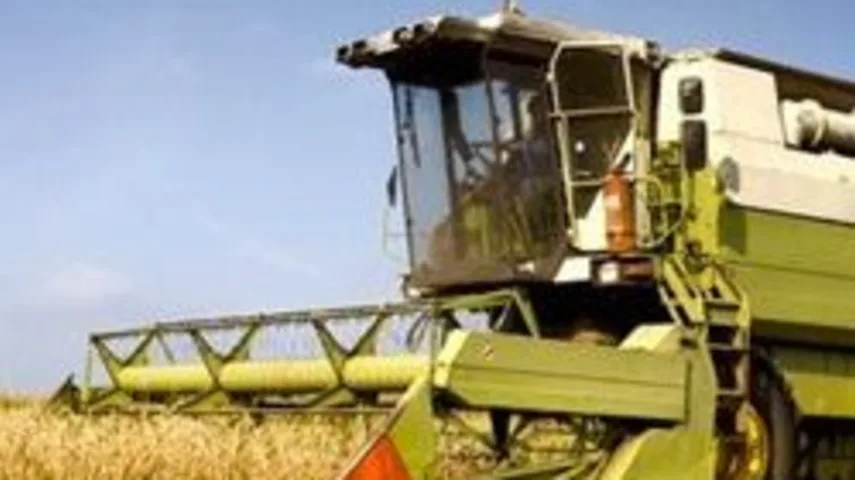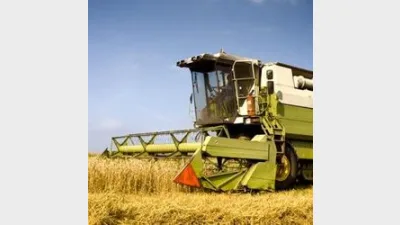Weighing up the pros and cons of agribusiness



Zenith Investment Partners' analyst Dugald Higgins lists the pros and cons for investors considering an exposure to the agribusiness sector.
Pros
- Agribusiness as an alternative asset class has a low correlation to mainstream assets like equities, property, fixed income and cash.
- Thematic drivers like global population growth, changing dietary patterns and rising affluence make grains, oilseeds, dairy and protein (meat) look attractive.
- There can be tax benefits for investors with the right characteristics, but investment in an agribusiness MIS must not be considered purely for tax reasons.
- It must be considered as a way of bringing effective diversification to an investment portfolio first, and as a tax planning measure a distant second.
Cons
- All investments are only as good as their structure. You can’t make poor assets better through structuring, but you can make good assets useless if the structure isn’t right.
- Most forms of agribusiness operations involve long-dated, relatively illiquid assets like forestry and, as such, many funds can either have low liquidity with very shallow secondary markets or nil liquidity.
- Agricultural investments are characterised by a wide variety of risks associated with climatic and environmental influences, manager risks to operations and risks posed by natural disasters.
- Use of high levels of borrowing by the fund manager and the investor (if using personal gearing) significantly increases dangers.
- High level of counterparty risk with the responsible entity and the investment manager. We would suggest that these risks are generally higher in agribusiness tax-effective schemes than for other asset classes.
Recommended for you
In this episode of Relative Return Insider, host Keith Ford and AMP chief economist Shane Oliver unpack the RBA’s decision to keep the cash rate on hold in the face of rising inflation and whether the governor’s hawkish tone is a sign of things to come.
In this episode of Relative Return Insider, host Keith Ford and AMP chief economist Shane Oliver discuss the September quarter GDP figures, which show Australia’s economy regaining momentum.
In this new episode of The Manager Mix, host Laura Dew speaks to Haley Devine, head of wealth management at MaxCap Group, to delve into private credit and commercial real estate.
In this episode of Relative Return Insider, host Keith Ford and AMP chief economist Shane Oliver discuss the latest shock consumer price index numbers, which rose to 3.8 per cent in October, as well as the shifting US market and calls for super funds to invest in infrastructure projects.







